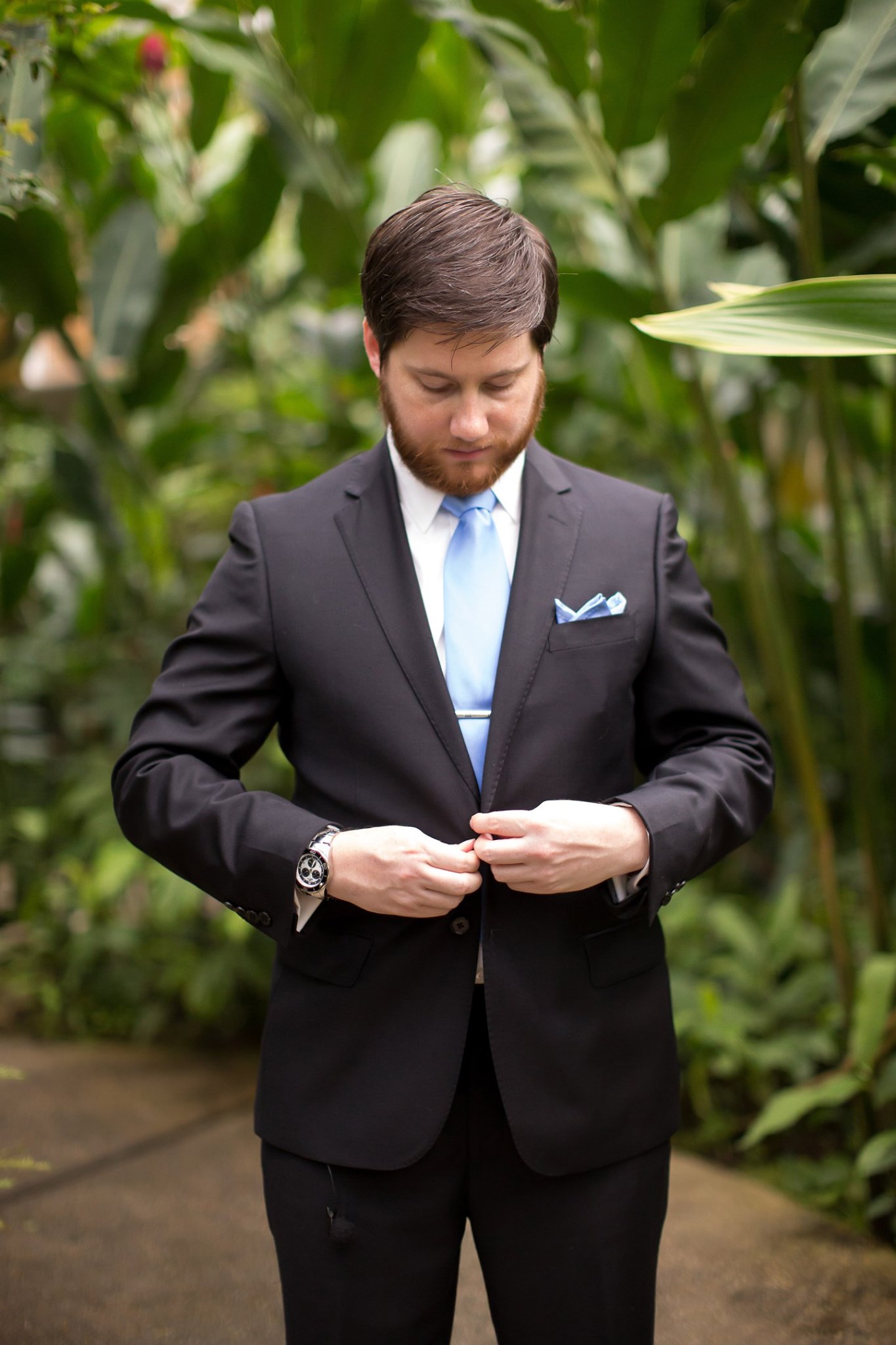The strength of your trademark depends on the levels of trademark names category yours falls into. The levels range from generic and descriptive to fanciful. The more fanciful or unique your name is, the stronger your mark will be.
Generic
Generic marks are those that might have been strong if they didn’t describe the product or service generally. For example, “couch” is a word we all know and understand to mean a long padded surface for sitting with a back and sometimes armrests. Therefore, a couch company could not trademark the word “Couch” for a line of couches they make. On the other hand, a glassware company can call a line of their glasses the “Couch” collection.
Descriptive
A descriptive mark is exactly what it sounds like. If a mark only describes the product or service, it has super weak protection, if any at all. For example, if I created a line of blue chairs and called them “blue chairs,” I would have a very hard time getting a registered trademark for that, absent some secondary meaning.
My site’s name NC.Business is a descriptive trademark. It’s all about doing business in NC. Would be a hard one to trademark if I was ever going to go for that.
Suggestive
This is one of the first levels of trademark names where the protections are actually strong. Suggestive marks are those that suggest a meaning instead of describe one. They’re still real words, but take some imagination to get to what you’re selling. KitchenAid is a great example of a suggestive trademark. Their products aid you in the kitchen, so tada!
I guess while I’m here, WordPress is also a suggestive trademark.
Arbitrary
You have an arbitrary mark if you use normal words in context that doesn’t describe or suggest a meaning. For example, Coach is arbitrary. That company isn’t selling coaches or coaching and I don’t believe there’s any suggestion towards their product.
Fanciful
Finally, we get to the fanciful. These are your made up words. Google, Xerox, and Rolex are all examples of fanciful trademarks. They have the strongest protections because they can demonstrate the word carried little to no meaning before they started using it. All of the brand power behind these words exists solely because they put it there. That’s what trademarks are all about.
However, some fanciful trademarks have actually lost their power and gone all the way to the bottom of the list. Kleenex, Escalator, and Aspirin are all generic marks now. There’s no trademark power behind them. In order to avoid this happening, you either need to never get big enough for that or take expensive actions to remind the public it’s a brand, not a generic term. Honestly, Google might be close to losing theirs because everyone refers to searching as googling, but that’s not my problem.


Considering how to protect your brand identity might save you a lot of trouble in the long run. Creating a great brand for your products or services entails more than just coming up with a catchy name.